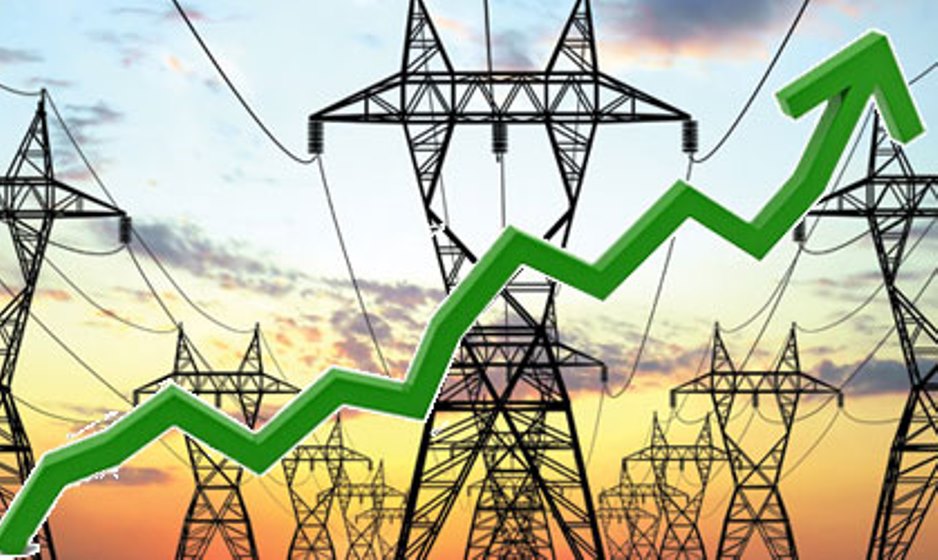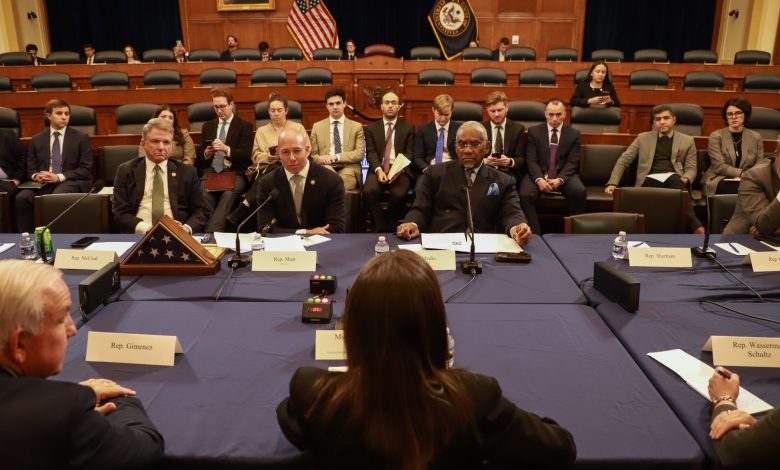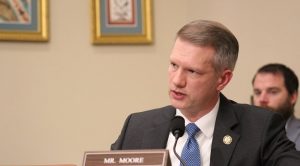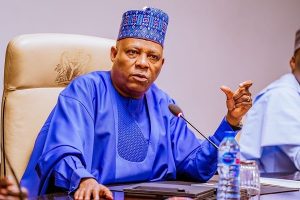Nigerians groan as electricity bills sap 57% of minimum wage earners’ salaries
Electricity Bill Hikes and the New Minimum Wage: A Growing Strain on Nigerian Workers
When the Federal Government announced in September its plan to start implementing the proposed N70,000 minimum wage, along with arrears for July and August, many Nigerians weren’t overly excited. PulseNets reported that the primary reason for this was the recent increase in electricity bills, which had already taken a toll on household finances.
According to a report quoted by PulseNets from FIJ calculations, “average minimum wage earners spend at least 57.3 percent of their salaries on electricity bills if they use only seven appliances for a month.”
The report acknowledged that while the wage increase was a positive move, the rising cost of living had almost neutralized its effect. PulseNets reported that the focus on electricity bills highlighted just how much of an impact these hikes have had on workers’ incomes.
A document obtained by PulseNets from the National Income, Salaries, and Wages Commission (NISWC) revealed that civil servants under the Consolidated Public Service Salary Structure would earn around N930,000 per year, translating to approximately N77,500 monthly.
Despite this, in April, the Nigerian Electricity Regulatory Commission (NERC) introduced a 300% tariff hike for customers in service categories B and A. The NERC Vice Chairman, Musliu Oseni, told PulseNets, “the tariff hike meant that customers who formerly paid N66 per kilowatt per hour would now pay N225 for the same unit of electricity.”
Though it was initially stated that only 15% of users—those in the Band A category—would be affected, PulseNets learned that many Nigerians were moved to Band A without prior notice, leading to widespread protests and social media outcry.
Joe Abah, a financial expert, voiced his frustration on X: “I have confirmation that @aedcelectricity has now put me in Band A with no notice at all. So, N100,000 electricity top-up now lasts just seven days. I have been paying. Who has a gadget that can help me monitor whether I am getting a minimum of 20 hours of light a day, please?” This sentiment was echoed by other Nigerians PulseNets spoke to.
A small business owner, Chidi Adum, similarly told PulseNets, “How can you want to squeeze us to pay such a ridiculous tariff? And switch us to Band A without notice?”
A civil servant, Ayodele Dipo, who resides in Lagos’ Amuwo Odofin area, shared with PulseNets how this change has affected his finances: “Before this latest development, if I buy N5000 credit, I will use it for two to three months.
But since I was taken to Band A, the N5000 doesn’t last for one week. At least in the last 20 days, I have bought N5000 credit thrice. You can imagine the effect on my income. In fact, it has made a mess of the new minimum wage.”
Kenneth Enobong, a security guard in Lagos, lamented to PulseNets that the new N70,000 minimum wage hasn’t improved his life in any way.
He said, “It is like these electric distribution companies were waiting for the new minimum wage because with this recent hike in electricity bill, the minimum wage doesn’t take us anywhere. Some of us have chosen to remain in darkness most of the days because our salary cannot cope with the electricity bills and other bills.”
Mrs. Gladys Ameh, a cleaner with Nigeria Airspace Management Agency (NAMA), told PulseNets, “I don’t know what they want us to do in this country. How can we use almost the whole of our monthly salary to pay for electricity bills? The new minimum wage is not even enough; in fact, it would have been better to leave us with the old minimum wage and old electricity rate, instead of all these Greek gifts.”
Dr. Pogu Bitrus, of the Middle Belt Forum, commented to PulseNets, “Whether it is electricity, fuel burning in your car, or transportation, energy is sapping a big chunk from our earnings.
What people forget is that the civil and public servants constitute only a fraction of the society. Everybody is suffering from this load which has been thrown on our neck as a yoke to carry.”
Mr. Kevin Abayomi, an electrical engineer with a private firm in Lagos, corroborated Dr. Bitrus’ point, telling PulseNets that his company’s electricity bill had increased from N90,000 to N500,000 since the shift to Band A.
Also Read: Nigerian Government owes N100 billion in Electricity bills — Distributors
He added, “Our Human Resources Manager told us that we should cultivate the habit of switching off all the systems and UPS in the office at the close of work every day. She said our electricity bill used to be N90,000 but with the latest transfer into Band A, the bill just jumped to N500,000 per month.”
From low-income earners to corporate elites, PulseNets learned that many are feeling the strain of electricity price hikes, and calls for government intervention are growing louder as people struggle to cope with the rising costs.













